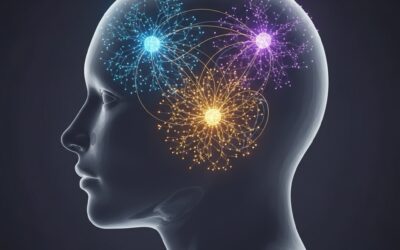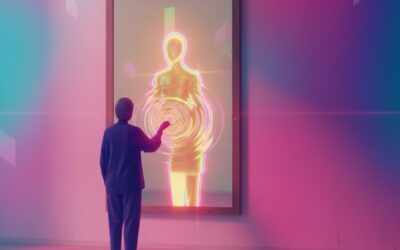In the realms of democracy, where power and policy should reflect the collective will and welfare of the people, a troubling pattern has emerged—one that challenges the very core of democratic ideals. The issue is not merely political but deeply personal and profoundly human: our leaders, the stewards of our democratic institutions, are themselves unhealed. This unhealed nature raises a fundamental question about the efficacy and authenticity of democracy under their stewardship.
The Burden of Unhealed Leadership
At the heart of the democratic crisis is the reality of unhealed leaders—individuals who, despite their high positions, carry with them unresolved personal traumas, unrecognized biases, and unaddressed emotional needs. These personal afflictions often translate into their leadership style, impacting decision-making processes and public policies. The unhealed leader is often unaware of their own brokenness, which makes them susceptible to actions and policies that may not necessarily serve the greater good but rather their own, often unconscious, needs for power and validation.
The Manifestation of Power Hunger
Power, when held by those who seek it to fill a void within themselves, becomes a dangerous tool. Democracy promises a government “of the people, by the people, for the people,” yet, how often is this ideal truly met when leaders use their positions not as a means to serve but as a way to assert dominance and control? This hunger for power can manifest in various ways: through authoritarian tendencies, suppression of dissent, manipulation of democratic processes, and the prioritization of personal or partisan gain over public welfare.
The Impact on Democratic Values
The consequences of unhealed leadership are profound. Democratic values such as equality, justice, and mutual respect can quickly erode when leaders fail to recognize or address their shortcomings. The gap widens between the governed and their governors, breeding cynicism and disconnection. Trust—the cornerstone of any healthy democratic system—is undermined, and without trust, the societal fabric begins to fray.
A Reflection on Our Collective Role
This scenario invites reflection on our role as constituents in a democracy. How do we respond to the realization that our leaders may be unhealed? What does this mean for our expectations of them and of the system they oversee? While this piece offers no solutions, it aims to inspire a powerful rethinking of what democracy means in the context of human imperfection and vulnerability.
In conclusion, the essence of democracy is challenged not just by external threats but also by the internal conditions of those who lead it. The unhealed leader is a mirror reflecting back to us the critical work that remains undone not only in our political systems but also within ourselves. This is a call to recognize and ponder the deep and intricate connections between personal healing and democratic health. As we grapple with these realities, perhaps we find that the path to true democracy begins not at the polling station but within the human heart.




0 Comments